The Missouri Higher Education Loan Authority (MOHELA) found itself under intense scrutiny during a Senate committee hearing. Accusations stemming from a report authored by Democrats labeled the student loan servicer as responsible for numerous billing mistakes, delays, and acts of borrower mistreatment in the period following the resumption of loan repayments after the COVID-19 pandemic.
Senator Elizabeth Warren’s Critique
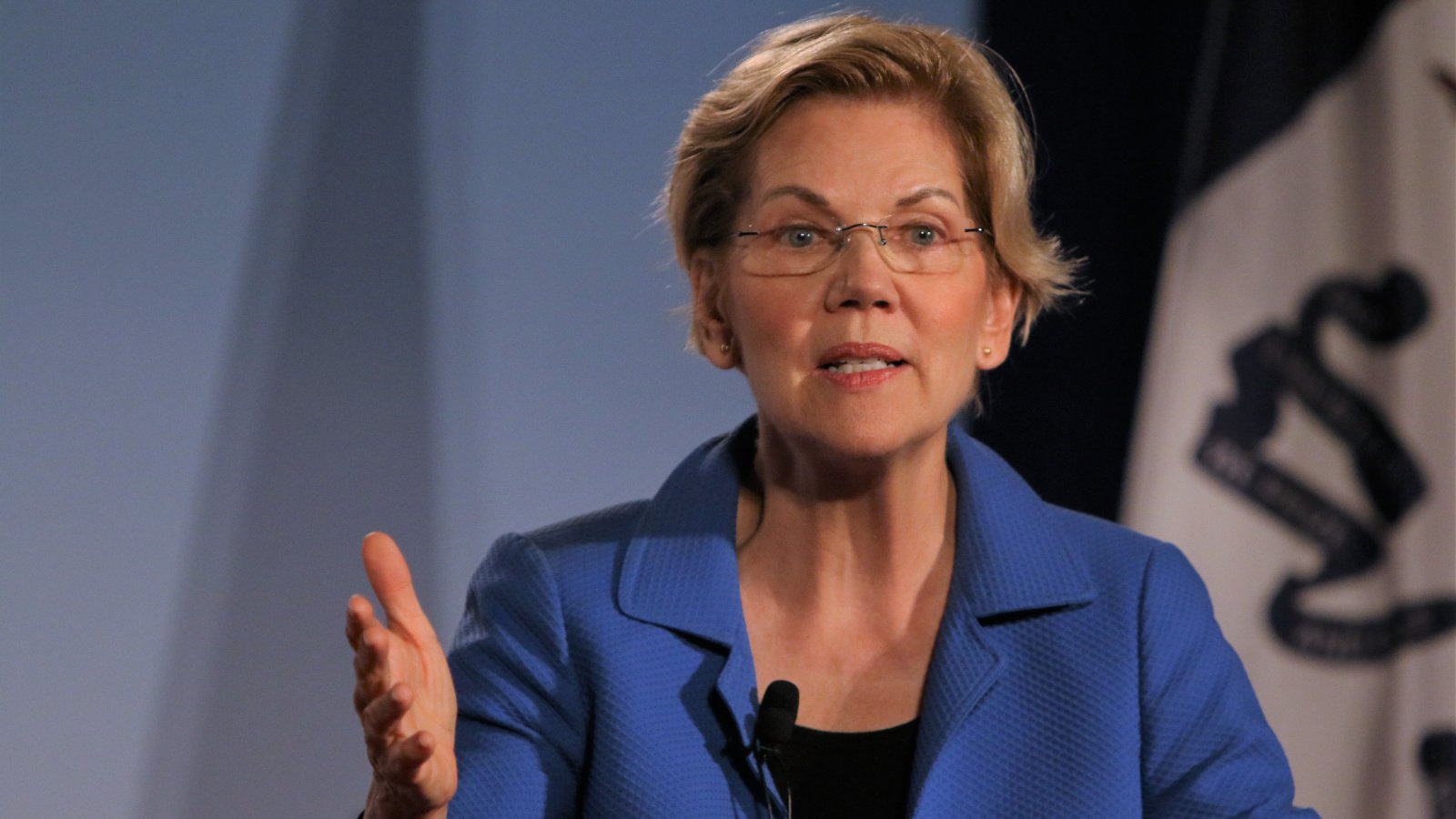
Senator Elizabeth Warren, a Democrat from Massachusetts and the chair of the Senate Banking Subcommittee on Economic Policy, criticized MOHELA’s leadership. Specifically, she rebuked Scott Giles, MOHELA’s CEO, for declining her invitation to testify at the hearing. Warren argued for the government to sever its ties with MOHELA, citing alarming evidence of the company’s failures.
Focus on Public Service Loan Forgiveness

Warren specifically pointed out MOHELA’s inadequate management of the Public Service Loan Forgiveness (PSLF) program. Despite being the sole provider for the program, the Department of Education has announced plans to take over the PSLF servicing, moving away from MOHELA.
Escalating Congressional Attention

The scrutiny towards MOHELA intensified after an investigation by the Student Borrower Protection Center and the American Federation of Teachers. The inquiry accused MOHELA of dissuading borrowers from using customer service, instead directing them towards “self-help” options for resolving loan issues.
Damning Report Released

A report released on Wednesday highlighted MOHELA’s failure to prepare for its responsibilities, despite having been warned and possessing the necessary resources. The findings included over 2.5 million instances of delayed or missing billing statements, over 250,000 billing miscalculations resulting in higher charges, and a deliberate strategy of providing subpar customer service.
The Impact on Borrowers

The report detailed the repercussions of these failures on borrowers, including obstacles to payment, increased costs, emotional distress, and a higher likelihood of default. Persis Yu, Deputy Executive Director of the Student Borrower Protection Center and witness at the hearing, shared that the report resonated with the experiences of numerous borrowers.
Opposition to the Report
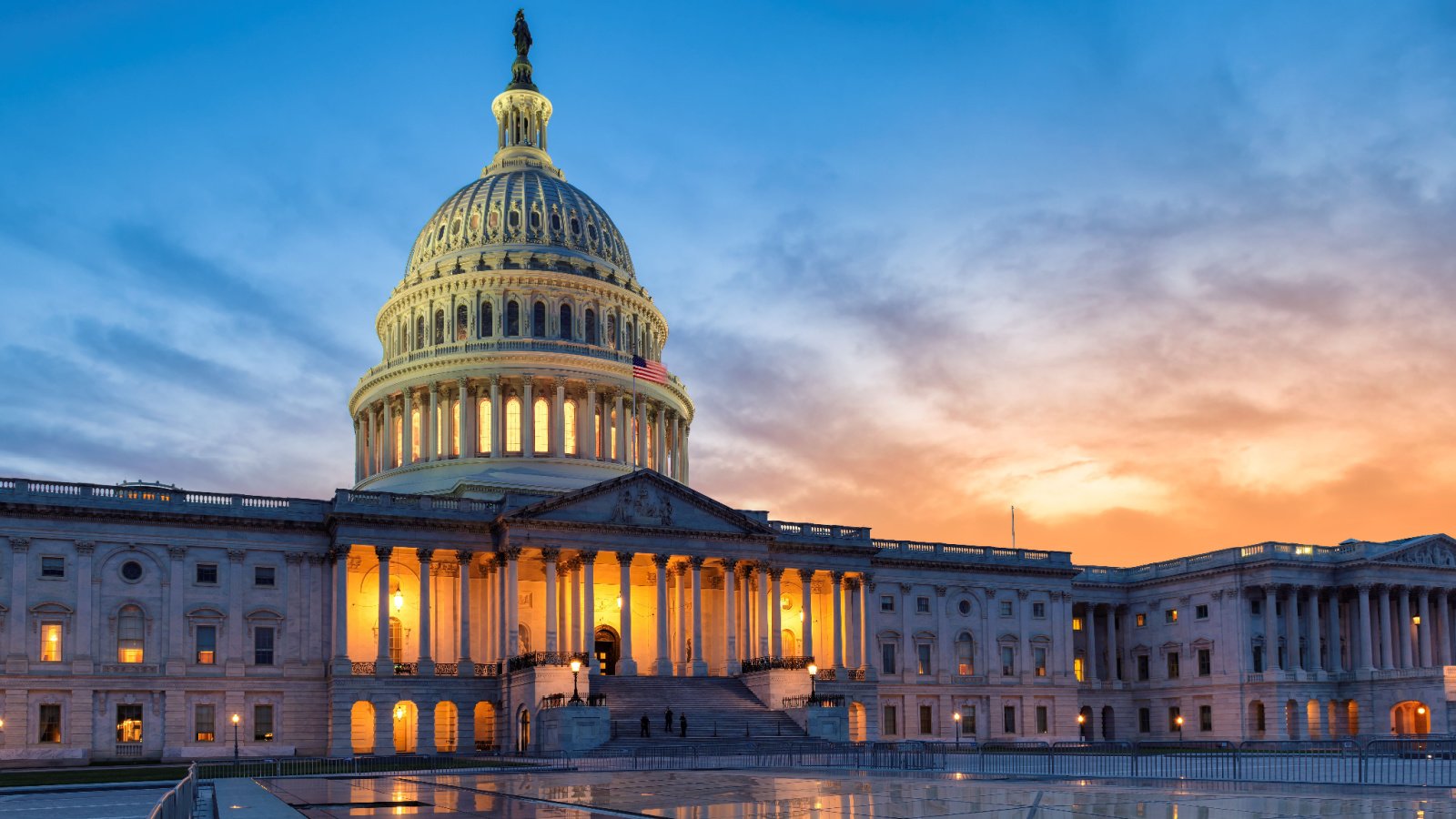
However, Scott Buchanan, Executive Director of the Student Loan Servicing Alliance and a witness at the hearing, criticized the report. He dismissed it as “fiction” and a product of political organizations. Buchanan highlighted the challenges faced by loan servicers due to constantly changing expectations and complex servicing requirements from Congress and the Department of Education.
Buchanan’s Pre-Hearing Statement
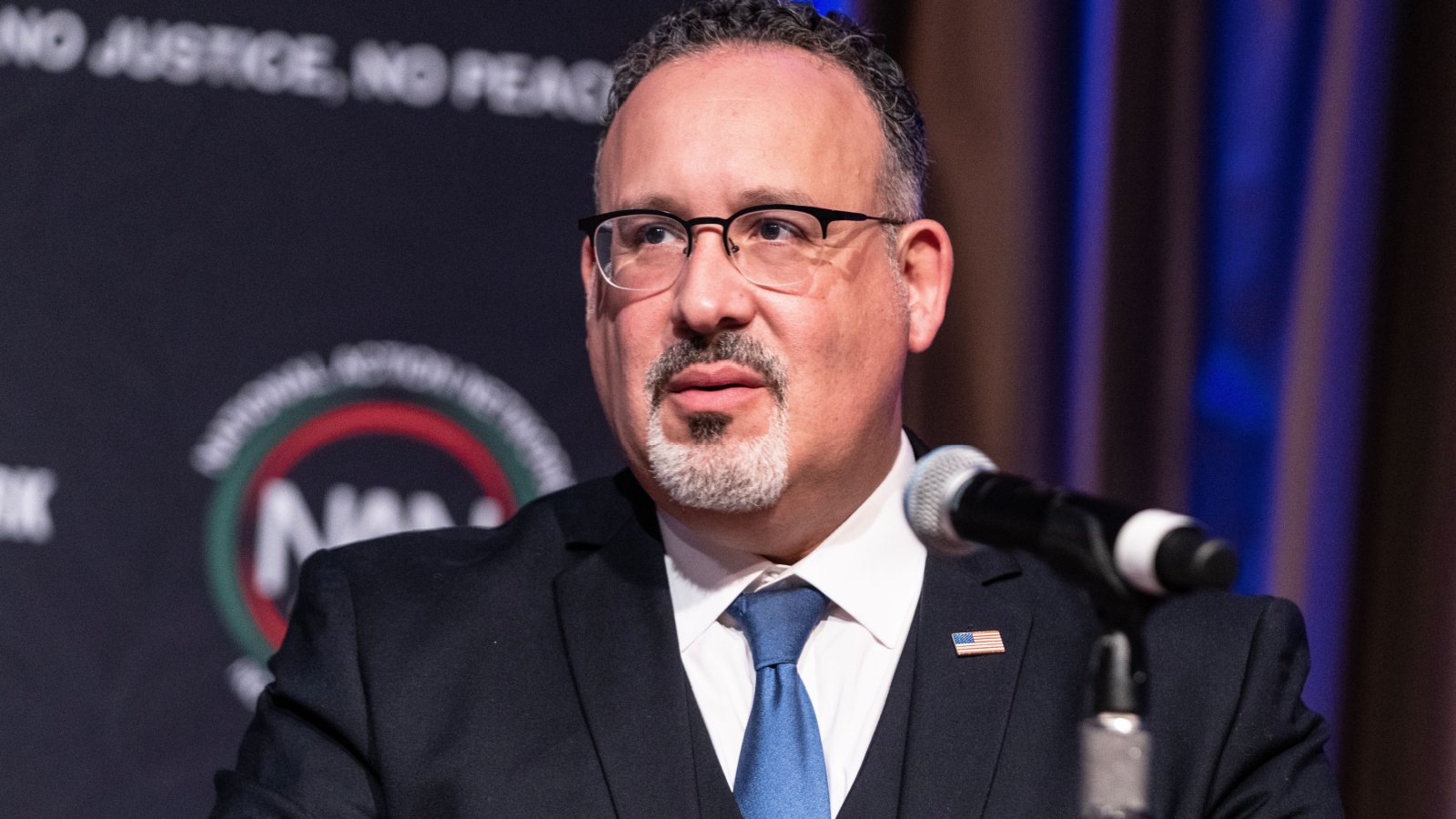
Prior to the hearing, Buchanan expressed his view that the root of the issues lies not with the servicers but with the program’s inherent design. He cited a letter he sent to Education Secretary Miguel Cardona, warning of potential issues due to inadequate planning and insufficient time for operational and staffing changes.
Warren’s Rebuttal
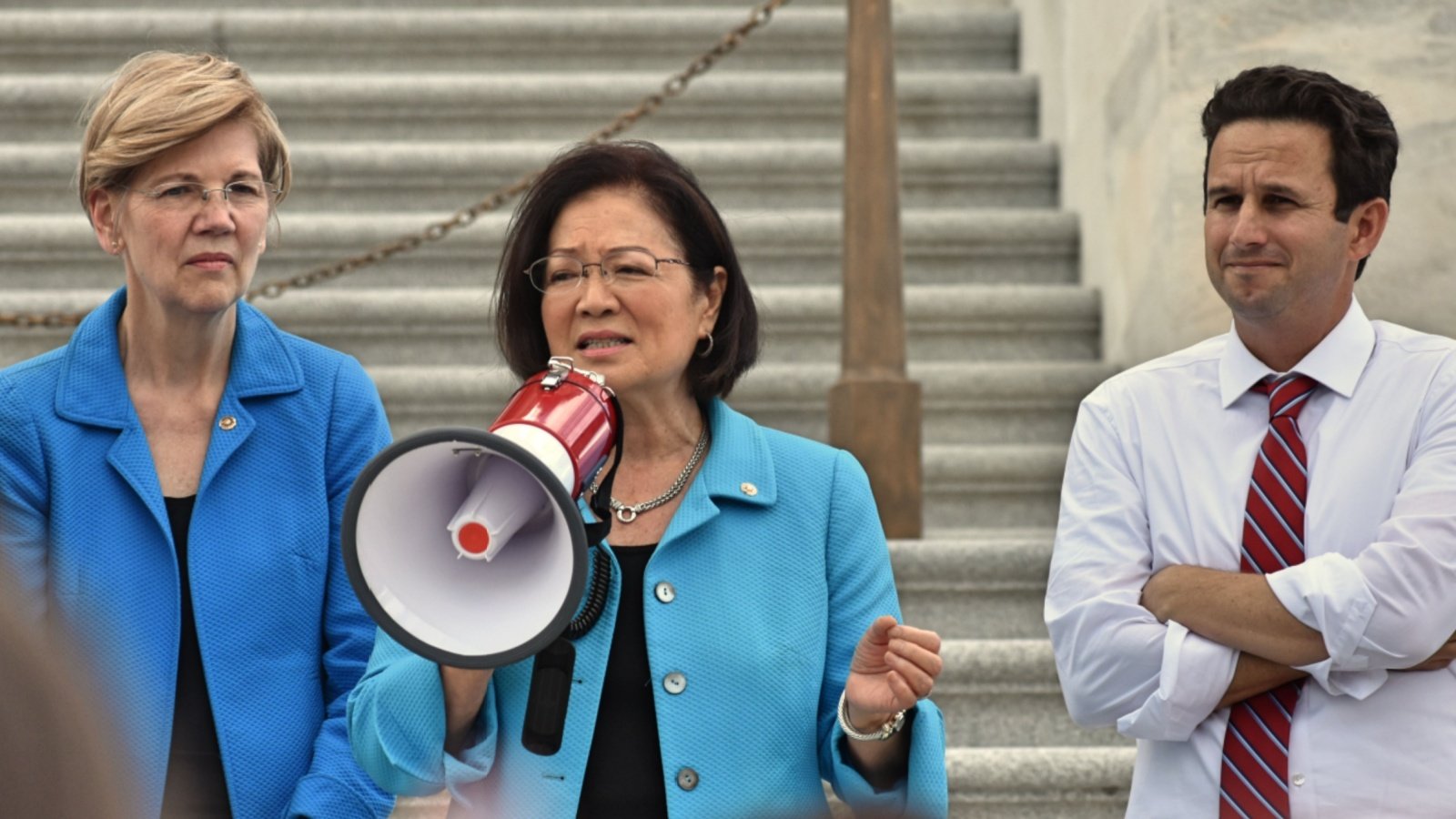
Despite the challenges cited by Buchanan, Senator Warren maintained that servicers, including MOHELA, had sufficient time to prepare for the resumption of loan repayments. She argued that the servicers’ failure to adequately prepare, despite warnings and federal funding during the payment pause, was inexcusable.
MOHELA’s Response

In response to the criticisms, MOHELA issued a statement emphasizing its dedication to serving student borrowers, especially during the transition back to repayment. The organization reaffirmed its commitment to its role as the interim PSLF servicer, focusing on processing loan forgiveness for borrowers on behalf of the federal government.
The Hearing’s Broader Implications

The Senate committee hearing and the subsequent report shed light on the broader challenges facing the student loan servicing industry. The issues with MOHELA highlight systemic problems that can affect borrowers nationwide.
The Future of PSLF Servicing
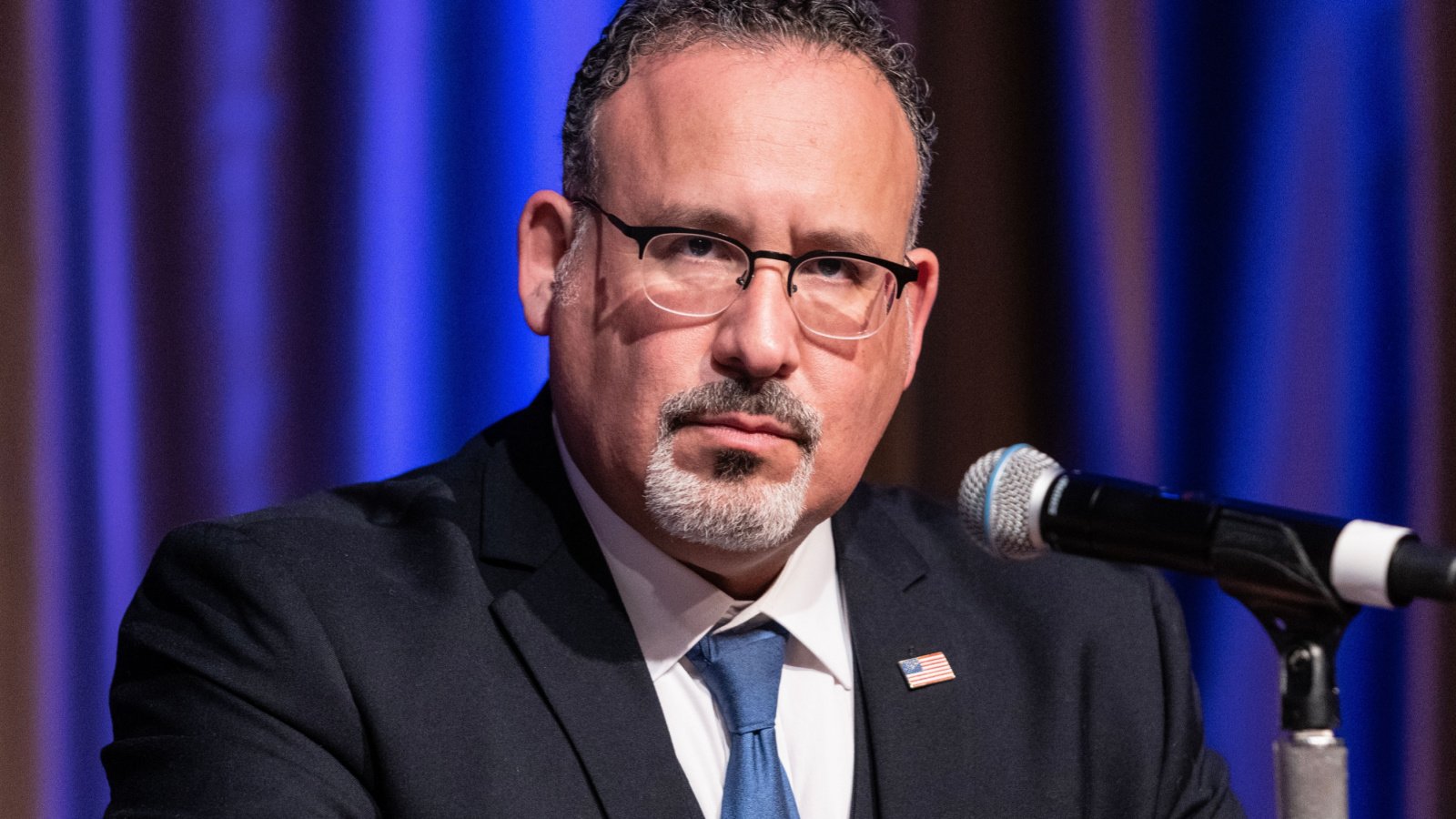
The Department of Education (DoE) plans to take over the PSLF program’s servicing, a departure from how other DoE loan programs are managed. Typically, DoE programs are managed by several contracted student loan servicers. These servicers handle the day-to-day management of loan accounts, including billing, payment processing, and assistance with loan repayment plans.
Selection Process for Loan Servicers

Ordinarily, the selection of companies to service federal student loans is a competitive process. The Department of Education issues Requests for Proposals (RFPs) that outline the services required, the terms of service, performance metrics, and other conditions. Interested companies submit proposals detailing how they would meet these requirements. The DoE evaluates these proposals based on several criteria, including the company’s capability to process and manage loans efficiently, customer service strategies, technology infrastructure, and cost-effectiveness. Additionally, the Department considers the company’s past performance, if applicable, in managing student loans or similar financial accounts.
Advocates for Borrowers Weigh In

Advocates argue that the systemic failures in loan servicing demand immediate attention and action. Their testimonies at the hearing emphasized the real-world impact of these issues on individuals striving to manage their student debt.
Looking Ahead

As MOHELA and other servicers navigate the evolving landscape of student loan servicing, the focus remains on improving the borrower experience and ensuring access to debt relief programs. The Senate committee hearing marks a critical step in addressing these challenges and fostering a more accountable and efficient student loan system.








